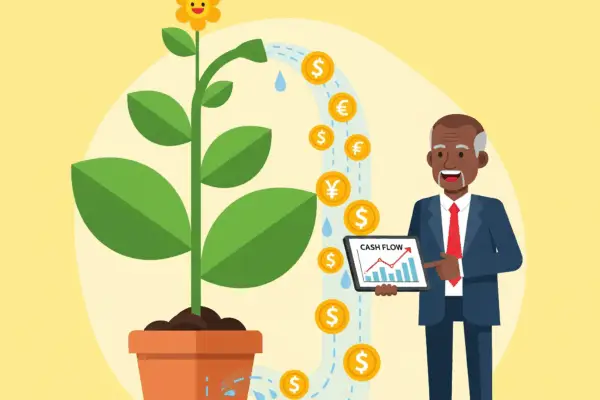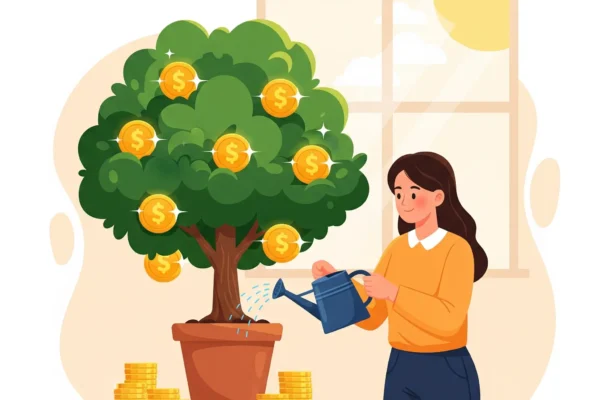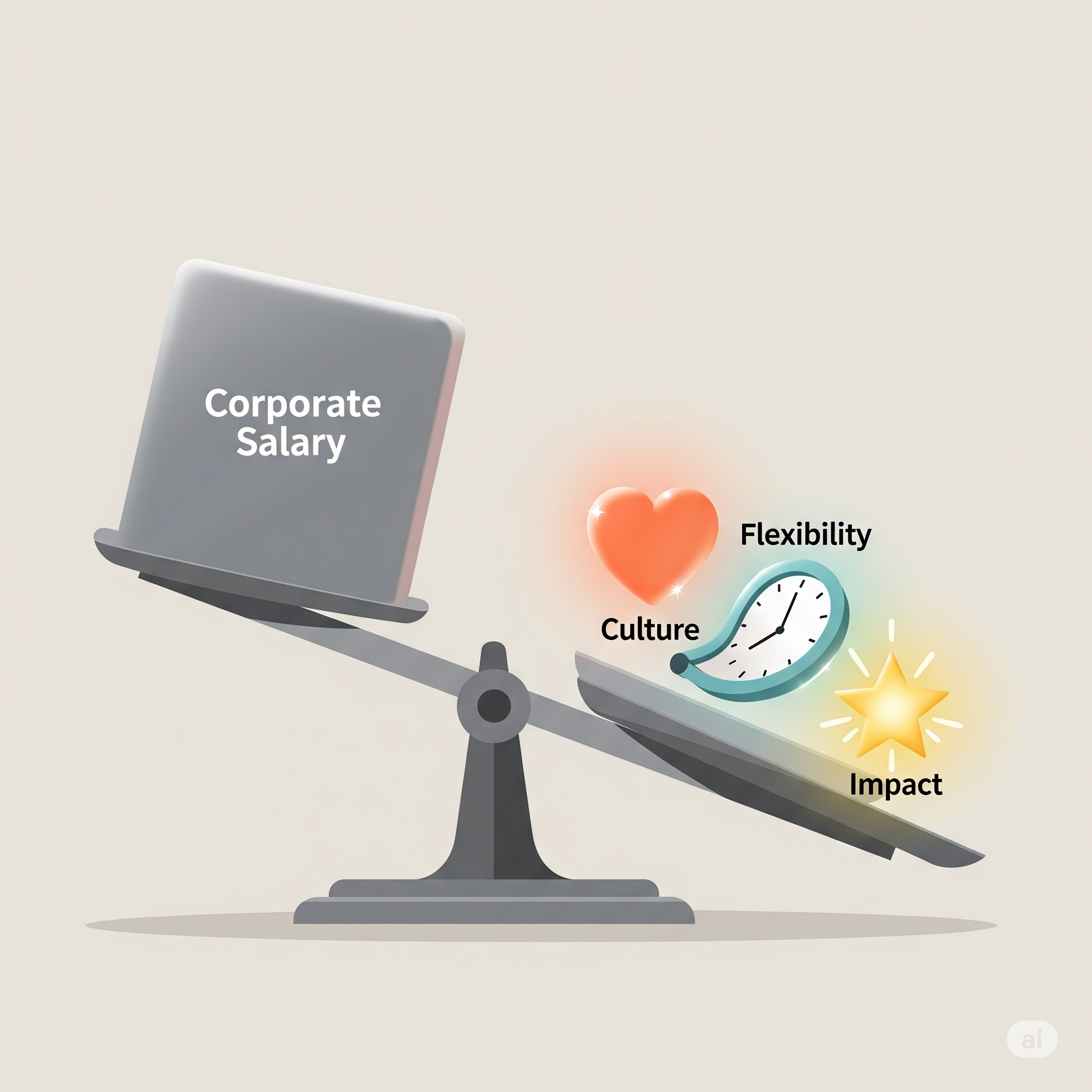
Imagine a little lemonade stand. Let’s call it “Sunshine Sips.” The kid running it, Leo, is a genius. His lemonade is the best in town – just the right mix of sweet and tart. He’s got customers lining up down the block. Leo is making good money, enough to buy new lemons, bigger cups, and maybe even a fancy new pitcher. So, why would Leo, or any incredibly successful company, still need shareholders? Because shareholders provide the massive fuel, smart guidance, and crucial accountability needed for a company to go from simply successful to truly world-changing. But there’s a lot more to this partnership than just getting extra cash.
Now, you might think, “Leo’s got it made! He doesn’t need anyone else.” And for a small lemonade stand, that’s probably true. But what if Leo starts to dream bigger? What if he wants to open a Sunshine Sips stand in every neighborhood? Or even start selling his lemonade in stores?
That’s when Leo’s story starts to sound a lot like the story of every super successful company out there – companies like the giant tech wizards or the cola kings. They might be making billions, but just like Leo with his big dreams, they still need a special kind of help: shareholders.
The Spark of a Big Idea: From Lemonade to Empire
Think about those huge companies. They didn’t start that way. Maybe it was two friends in a garage, coding away at a new website. Or a brilliant scientist with an idea for a new medicine. For years, they worked tirelessly, often putting in their own money or getting small loans from brave friends and family.
Eventually, their product or service became amazing. People loved it! The company started making money hand over fist. They could pay their employees, buy new equipment, and even put some cash in the bank. They were “successful.”
But here’s the thing about true success: it often sparks even bigger dreams. The people running these companies aren’t satisfied with just being “successful” in one place. They want to change the whole world, or at least a big chunk of it.
- Maybe they want to build a giant factory to make a million of their popular gadgets every day.
- Perhaps they want to buy another smaller company that has a cool new invention they need.
- Or maybe they want to launch their products in a country across the ocean, which means building new offices and hiring thousands of people there.
These aren’t projects that cost a few thousand dollars. They cost billions. Even a company making a lot of money might not have that kind of spare change sitting around without it hurting their everyday business. This is where the idea of selling shares comes in. It’s like Leo selling tiny “ownership tickets” to his lemonade stand, to get money for his grand expansion plans.
The Crowd that Helps You Grow: More Than Just Cash
So, a successful company decides to offer these “ownership tickets” – called shares – to the public. This big event is often called an Initial Public Offering, or IPO. Regular people like you and me, and big investment groups, can buy these shares. When you buy a share, you become a shareholder – you own a tiny piece of that giant company.
Now, you might think, “Okay, so they get money. That’s it?” Not at all! It’s so much more.
1. The “Big Dream” Fund: Imagine Leo’s dream of selling his lemonade in every grocery store. He’d need machines, trucks, and a huge marketing campaign. That’s a massive expense. Selling shares lets him get that huge pile of money quickly without having to borrow billions and pay back huge interest. It’s capital that helps him speed up his biggest dreams.
2. Smart Eyes Watching (and Helping): When you have many shareholders, especially big ones like powerful investment funds, you also gain a lot of smart people who are now invested in your success. These big shareholders often have teams of experts who know a lot about different industries. They pay close attention to the company they’ve invested in. They might ask tough questions, give smart advice, or even push the company’s leaders to think differently.
Think of it like this: if Leo only had his mom looking over his lemonade stand, that’s one smart person. But if he has 100 people who bought shares, and 10 of them are super smart business people, he gets a lot more good ideas and honest feedback. These shareholders also vote for the Board of Directors, a special group of people who make sure the company’s leaders are making good choices and running things fairly. It’s like having a team of wise advisors always looking out for the company’s best interests.
3. Rewards for the Risk-Takers: Remember Leo when he first started? He took a huge risk, putting all his time and maybe his allowance money into his lemonade stand. The people who start big companies, or the early investors who put their money into them when they were just ideas, take similar risks.
When a company goes public and sells shares, it allows these brave founders and early investors to “cash out” some of their investment. They can sell a portion of their shares and finally get the financial reward for all their hard work and the big risks they took. Without this chance to turn their company ownership into real money, fewer people would probably take the plunge to start something amazing.
4. The Best Talent Wants a Piece of the Pie: Here’s another secret weapon: attracting top talent. Imagine you’re a super smart engineer. You could work for a small, private company, or you could work for a huge public company that offers you stock options – the chance to buy shares in the company. If the company does well, your shares go up in value, and you get richer along with the company. This makes working for a public company incredibly appealing. It’s a way for companies to say, “Come work with us, and you can truly own a piece of our success.”
The Stamp of Approval: Trust and Visibility
Being a company with shares traded on a big stock exchange (like the New York Stock Exchange) also brings something else important: credibility and attention.
- Trust Builder: When a company goes public, it has to follow very strict rules about how it reports its money and its business. This means they have to be very open and honest about everything. This level of transparency makes customers, suppliers, and partners trust the company more. It’s like Leo getting a special certificate from the town showing his lemonade stand is super clean and trustworthy.
- Shining a Spotlight: Being a public company puts you in the news. People talk about your share price, your new products, and your big plans. This attention is like free advertising and helps the company’s brand become known around the world.
It’s a Partnership, Not a Handout
So, when you see a news story about a huge company that still seems to be focused on its shareholders, remember that it’s not a sign of weakness. It’s a sign of strength, ambition, and a smart strategy for long-term growth.
Shareholders aren’t just people looking for a quick buck. They are a vital part of a company’s journey:
- They provide the fuel for massive growth and innovation.
- They bring smart ideas and oversight to keep the company on track.
- They allow the founders and early heroes to get their well-deserved rewards.
- And they help the company shine brighter in the eyes of the world.
It’s a two-way street: shareholders bet on the company’s success, and the company uses that trust and investment to achieve things that would be impossible alone. Just like Leo’s dream of a lemonade empire wouldn’t happen without a little extra help, the biggest companies in the world continue to rely on their shareholders to reach for the stars.
What other big business secrets do you want to unlock?



